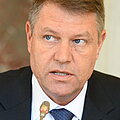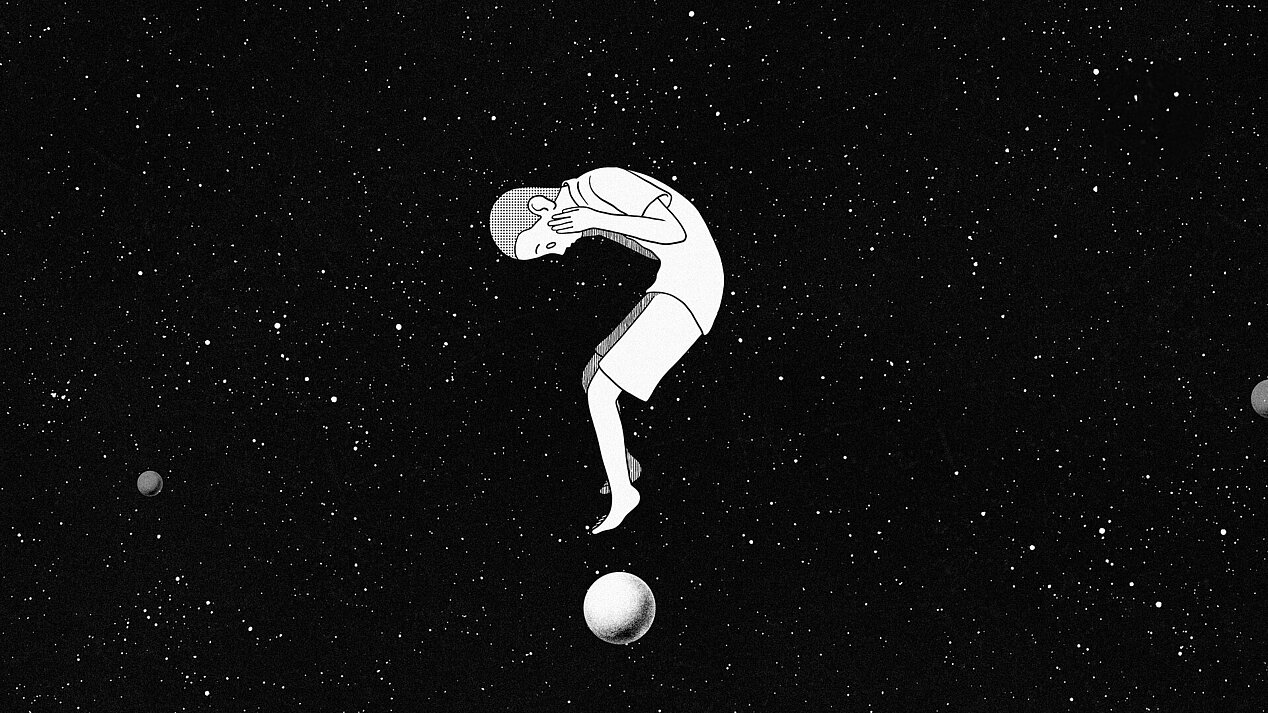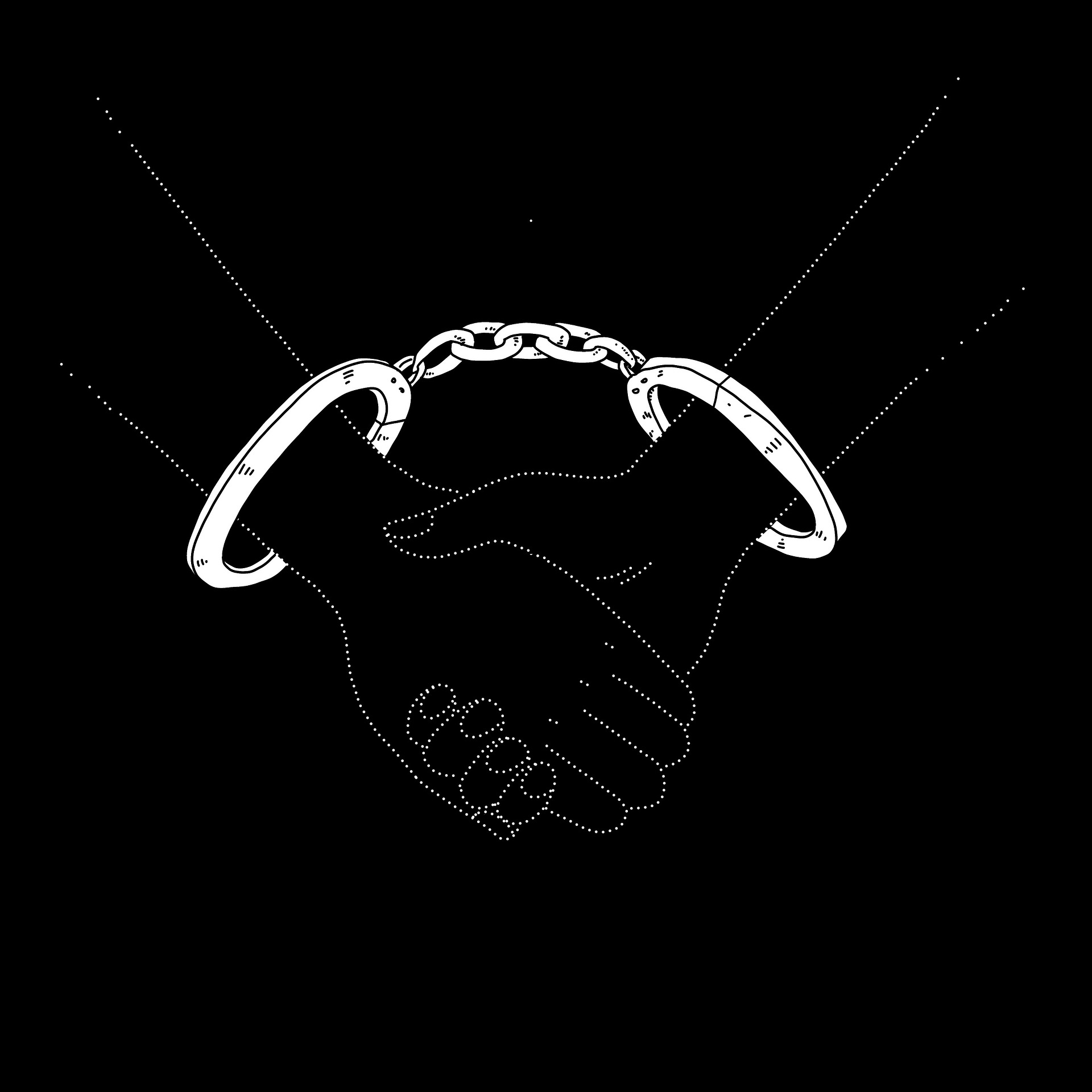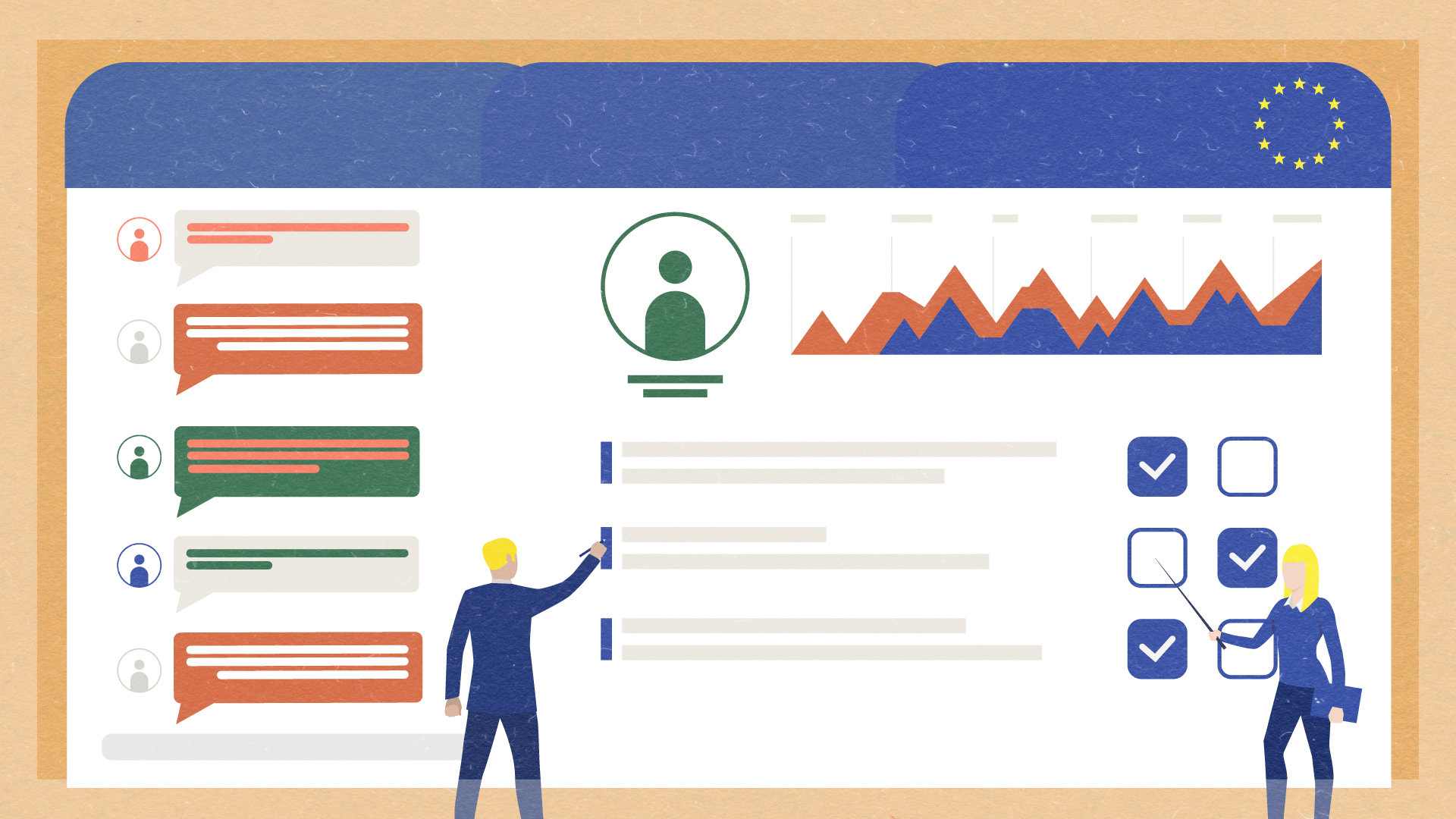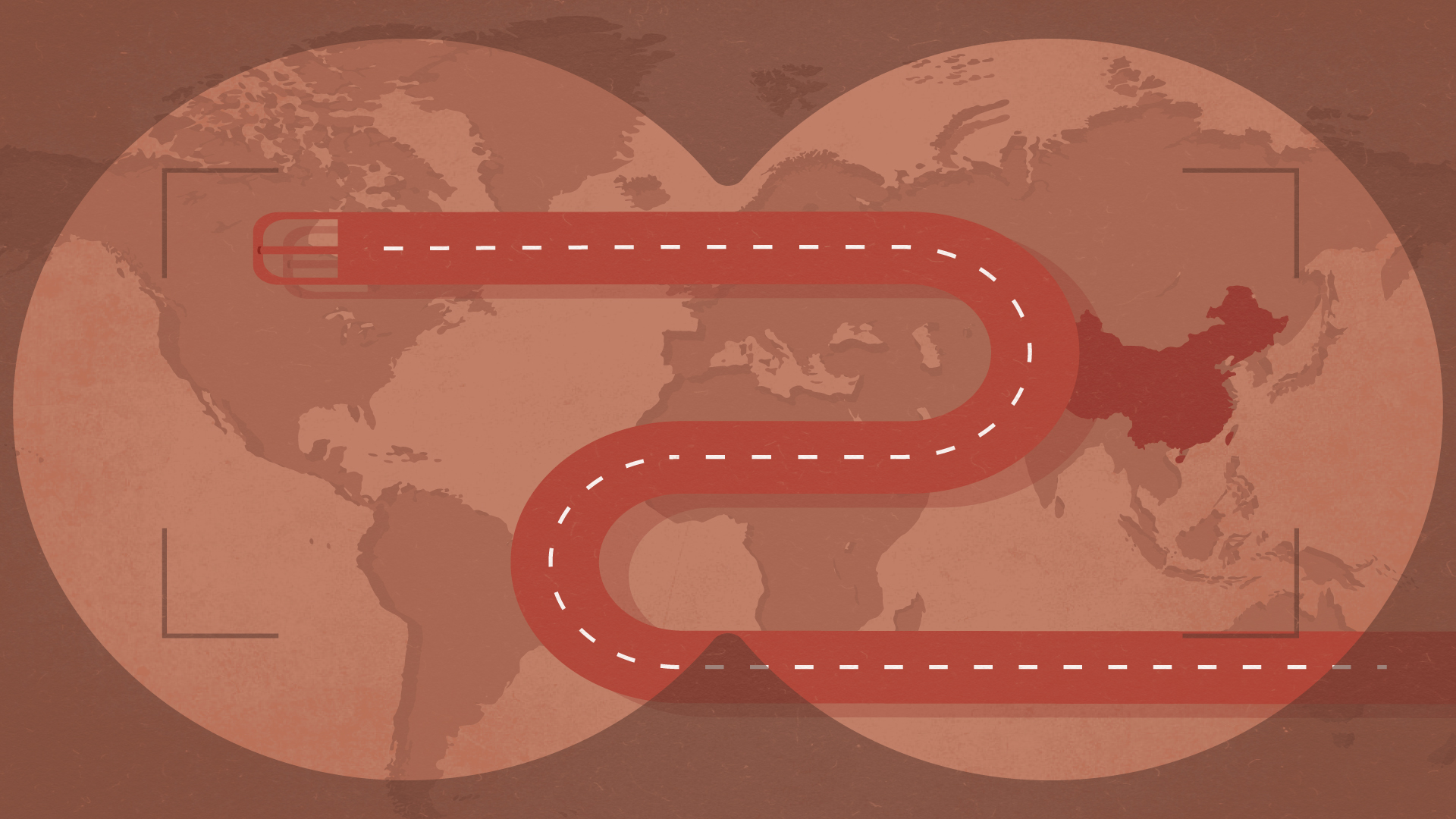A European Health Union
The health sector is essential for consolidating the resilience of the European Union in the face of potential future crises. This is why the European Health Union must become a reality as soon as possible. In terms of foreign policy, the European Union’s resilience can only be sustainable if we also ensure it in the Western Balkans and in the eastern and southern neighbourhood.
Therefore, the European Union must ensure long-term strategic investment in this region. We must be active on the ground, both the European Union as a whole and the individual Member States, and we must also offer a wider range of cooperation that places greater priority on security.
In order for the European Union’s actions to be more resilient, but also in order for it to be better able to defend its own principles and objectives at global level, it is necessary to reflect on how we can prepare ourselves to be more predictable. If we are to prepare for the accelerated transition to a green and digital economy and find answers to hybrid and asymmetric security threats that will make extensive use of new technologies, we need to develop the ability to build models for the future.
For this reason, the debate on the development of the European Union must devote more attention to forward-looking governance in the medium and long term.
In this sense, the Conference on the Future of Europe represents a unique opportunity to listen to the citizens of Europe in order to understand their expectations of the European Union and better assess the challenges of the future. At this point I would like to renew my plea for European unity and solidarity. It is true that today certain decisions can be taken more quickly in smaller circles, but the real strength of the Union, especially in an increasingly interconnected world in which the EU is also increasingly subject to criticism, does not come from concentric circles or different speeds.
If we are to prepare for the accelerated transition to a green and digital economy and find answers to hybrid and asymmetric security threats [...], we need to develop the ability to build models for the future.
This strength is given by an inclusive approach: by the ability of the European Union to move towards democracy and prosperity for all its citizens and partners who share our values, principles and goals. Among partnerships, the EU-US relationship certainly remains the pièce de resistance and the dimension in which Europe must continue to invest the most. Europe needs the continuation of the US commitment to ensure its security, stability and common prosperity, just as the United States needs a strong Europe, capable of managing crises in its neighbourhood.
